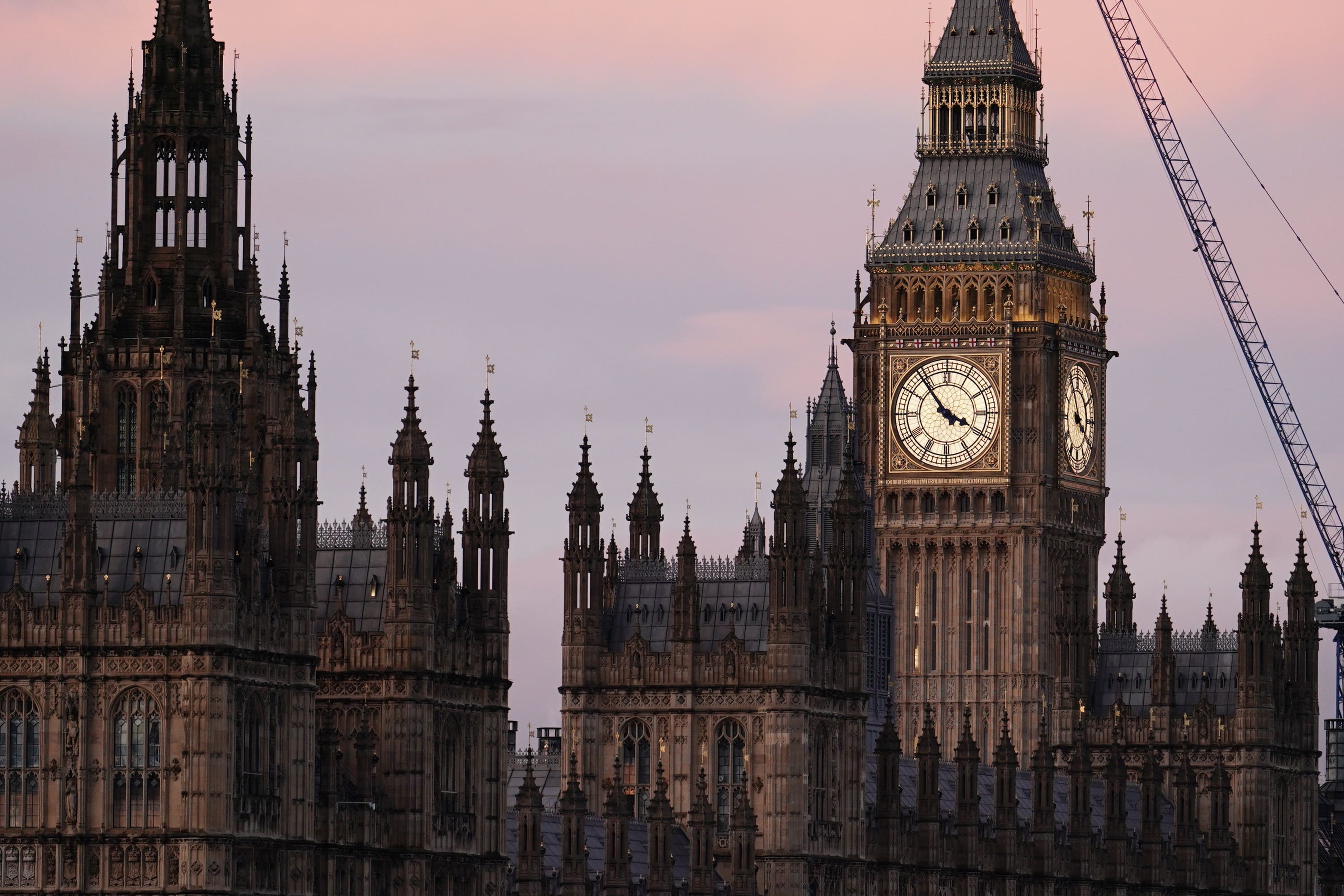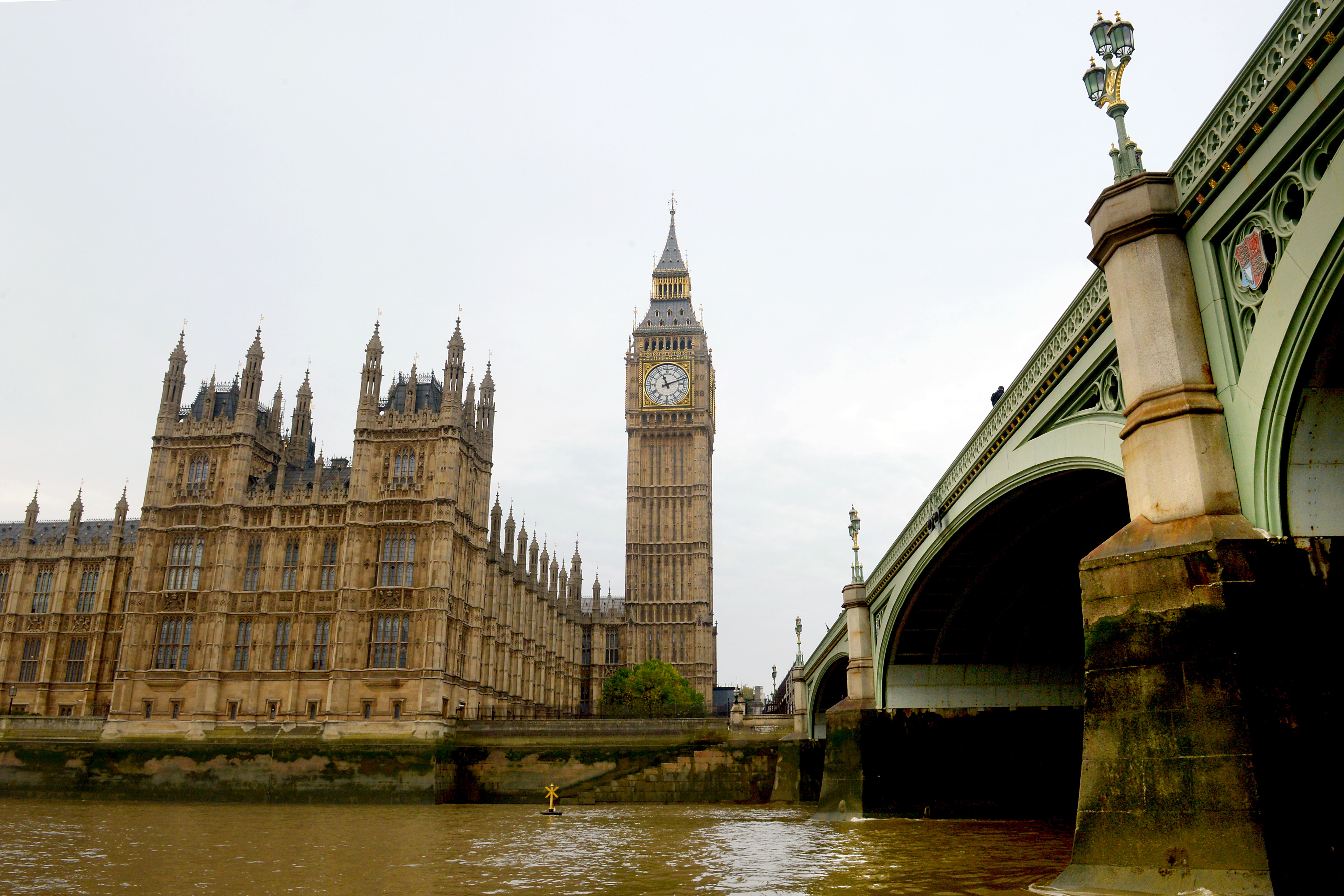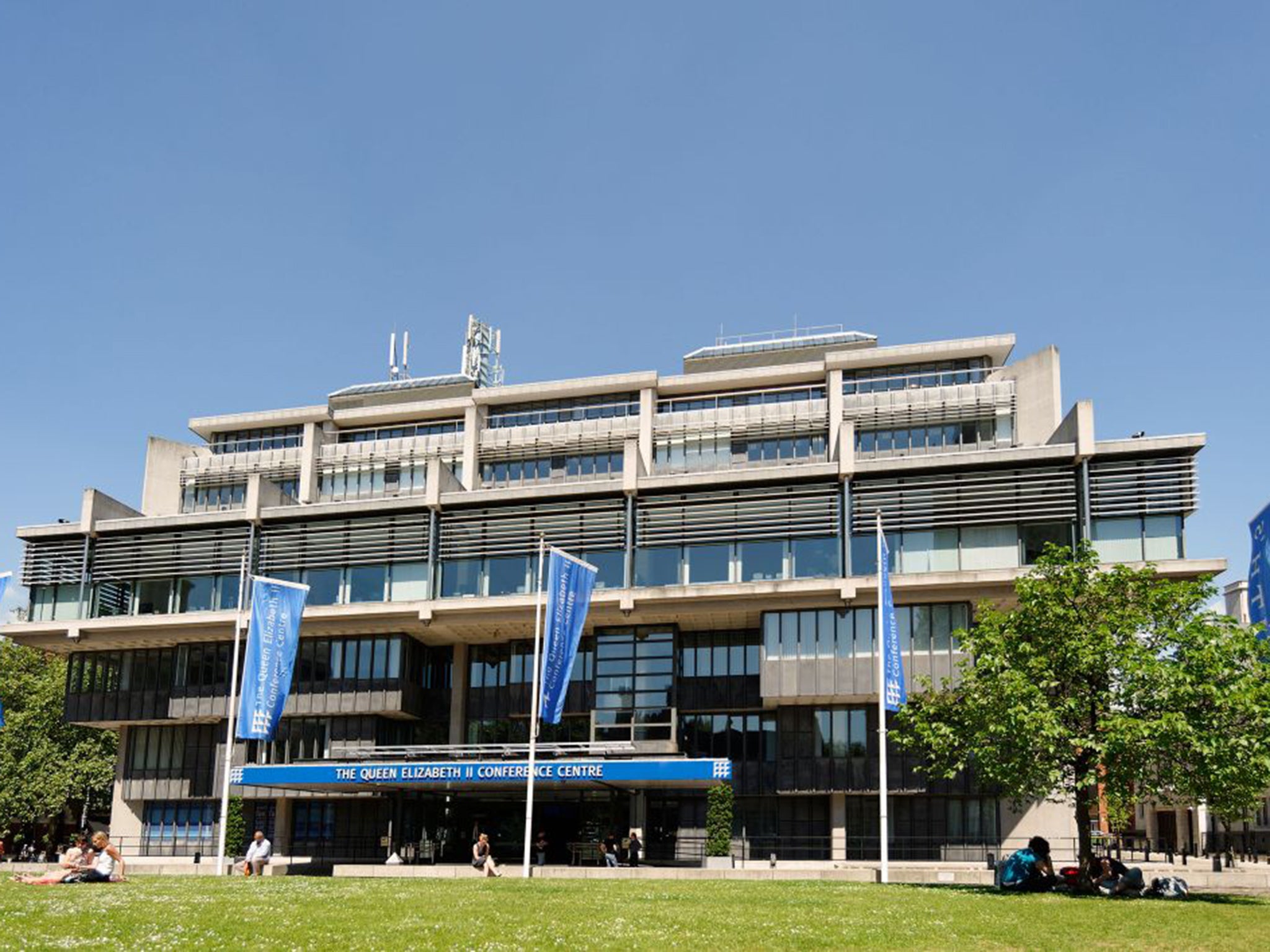Thousands of new parliamentary staff at risk of crumbling buildings and vermin, union warns
Exclusive: The massive turnover of MPs and their staff at the general election means many of those working on the estate are unaware of the risks, parliament’s leading unions have warned

Your support helps us to tell the story
From reproductive rights to climate change to Big Tech, The Independent is on the ground when the story is developing. Whether it's investigating the financials of Elon Musk's pro-Trump PAC or producing our latest documentary, 'The A Word', which shines a light on the American women fighting for reproductive rights, we know how important it is to parse out the facts from the messaging.
At such a critical moment in US history, we need reporters on the ground. Your donation allows us to keep sending journalists to speak to both sides of the story.
The Independent is trusted by Americans across the entire political spectrum. And unlike many other quality news outlets, we choose not to lock Americans out of our reporting and analysis with paywalls. We believe quality journalism should be available to everyone, paid for by those who can afford it.
Your support makes all the difference.Thousands of new parliamentary staff are at risk from crumbling buildings, fire, asbestos and vermin as the restoration of the Palace of Westminster remains in limbo.
The massive turnover of MPs and their staff at the general election means many of those working on the estate are unaware of the risks they face, parliament’s leading unions have warned.
And the GMB, which represents thousands of employees working in the Commons, Lords and members’ staffers, said that “we cannot afford for the can to be kicked down the street any longer”.
The Palace of Westminster is undergoing a multibillion-pound restoration and renewal project to ensure it is safe for future generations of MPs and staff across the estate.
The cost of simply keeping the site safe and running is currently £1.4m a week, with the decision about a larger restoration project having been repeatedly pushed back.
The official restoration and renewal project has identified asbestos in 2,500 places on the estate, as well as the risk of fire, flooding and falling stones. Hundreds of miles of cables and pipes need replacing, outdated water and sewage systems need updating and the project is estimated to take a team of 300 people several years. Another major problem is the lack of disability accessibility, with the estate covering 65 different levels, having more than 100 staircases and only one lift that meets modern-day standards for accessibility.

On a recent tour of the restoration and renewal sites, The Independent saw at first hand how the corridors beneath parliament are plagued with outdated infrastructure in desperate need of replacement.
Basement walls are lined with layers upon layers of pipes, some of which are redundant but cannot be removed without bringing the proceedings of the palace to a standstill. The pipes which heat parliament also stem from a single boiler room, with the steam travelling across the estate, leaving some areas virtually uninhabitable in the winter.
A recent freedom of information disclosure by the House of Commons found there were eight incidents of falling masonry on the parliamentary estate in the year to last April.
Staff working on the renewal project have recently passed the milestone of 45,000 hours of surveying to prepare for the work to take place.
The project’s renewal board is considering three options, including a full decant of both houses to an alternative location, likely to the nearby Queen Elizabeth II Centre.
Other options are a partial decant, which would see MPs and staff moved around the estate while the works take place in different areas. The third option would see rolling repairs take place while MPs, peers and staff continue working as normal.
A report by the Houses of Parliament Restoration and Renewal Programme found this option would be the most expensive, costing up to £22bn and taking 76 years.
A “full decant” of the parliamentary estate, with MPs being housed offsite in a temporary Commons chamber, however, would cost considerably less – between £7bn-£13bn – and last between 19-28 years, the report added.

MPs will not be presented with the options until 2025 after the committee overseeing the project delayed a decision before the end of the last parliament. At this point, they will be able to assess the designs and associated costs and are expected to be able to vote for their preferred option.
Marlos Pereira, secretary of GMB’s parliament branch, said that after the general election, “we now have hundreds of staff in the building who will be unaware how hazardous a workplace this is”.
He told The Independent: “The position GMB has long held is that the parliamentary estate should be decanted, to allow full reconstruction instead of spending astronomical sums on temporary repairs. Our primary concern is people’s working conditions, and currently, the estate is not fit for purpose.
“With a wave of new MPs, many of whom are GMB members, and thousands of new staff members with access to the estate, we don’t want people at risk and it’s important that some certainty and long-term plan is agreed.”
Public services union the FDA also backed a full decant of parliament, saying it would be the quickest and most cost-effective option and calling for urgent action.
The Prospect union, which also represents parliamentary staff, called for staff representation on the decision-making bodies overseeing the project.
General secretary Mike Clancy said: “The previous government allowed the Palace of Westminster to degrade throughout their time in office, constantly putting off difficult decisions. Labour can cement its credentials as a different kind of government by not following suit.
A parliamentary spokesperson told The Independent: “Our absolute priority is the safety of those who work on and visit the parliamentary estate, and we continue to focus on improving both our safety culture and processes to ensure that all those working in or visiting parliament are safe at all times. Where issues are identified, we act quickly to address them.
“We are on track to bring costed proposals for the restoration of the Palace of Westminster to both houses for a decision next year detailing costs, timescales, risks and benefits of three delivery options, all of which represent a significant, multibillion-pound and decades-long investment in the palace. This highly complex project to improve one of the world’s most recognised buildings will support jobs and opportunities across the UK.”
Join our commenting forum
Join thought-provoking conversations, follow other Independent readers and see their replies
Comments